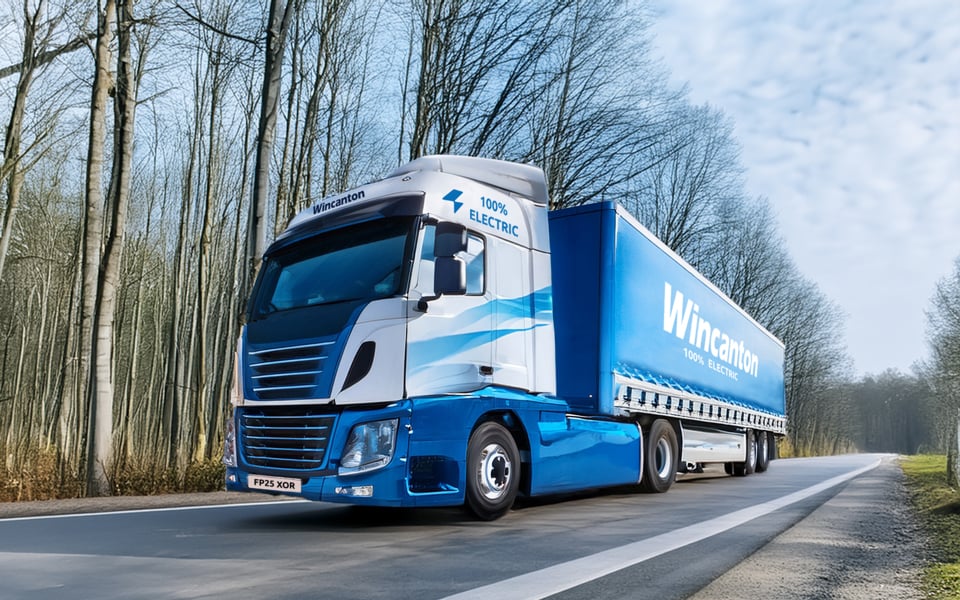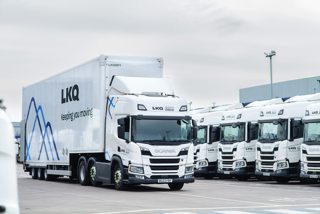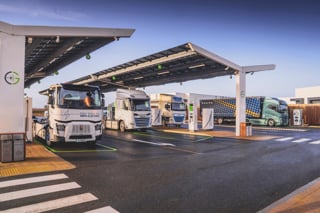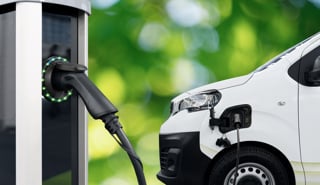Wincanton is introducing 24 battery electric HGVs into its fleet this summer as part of wider efforts to reduce emissions from heavy-duty logistics operations.
The new trucks, supplied by DAF, Volvo, and Renault, are capable of operating at over 40 tonnes and are expected to reduce the company’s CO2 output by around 2,400 tonnes annually.
The move forms part of two major industry trials — Electric Freightway and eFREIGHT 2030 — under the Government’s Zero Emission HGV and Infrastructure Demonstrator (ZEHID) programme.
Wincanton will use the vehicles across a range of routes and sectors, collecting real-world performance data to inform future fleet transition strategies.
To support the rollout, depot-based charging infrastructure is being installed at four key sites: Greenford (West London), Portbury, the Scotland Gateway Hub near Glasgow, and The WEB in Northamptonshire.
The infrastructure work is being delivered in partnership with Voltempo and Gridserve.
Carl Hanson, managing director of transport at Wincanton, said: “Low-emission vehicles like these are undoubtedly the future of logistics, but widespread adoption is still years away.
"In the meantime, businesses can act now by using current technologies to improve efficiency and cut emissions.”
He added that while range, payload and charging logistics remain constraints, trials such as this provide essential data for long-term fleet planning.
The electric HGV deployment follows Wincanton’s use of HVO fuels and EVs in other parts of its fleet, including contracts with Ikea and Screwfix.
Approximately 85% of vehicles serving Screwfix already operate on renewable fuels.
Simon Buckley, knowledge transfer manager for Zero Emission Mobility at Innovate UK, welcomed the addition of the electric trucks. “These real-world demonstrations will provide valuable insight into how zero-emission HGVs perform in day-to-day operations, and what infrastructure is required at scale,” he said.
Wincanton is also contributing data through its digital transport platform to analyse how EVs affect route planning, utilisation and cost-efficiency in multi-client environments.
The company is aiming to achieve net zero across its operations by 2040.






















Login to comment
Comments
No comments have been made yet.